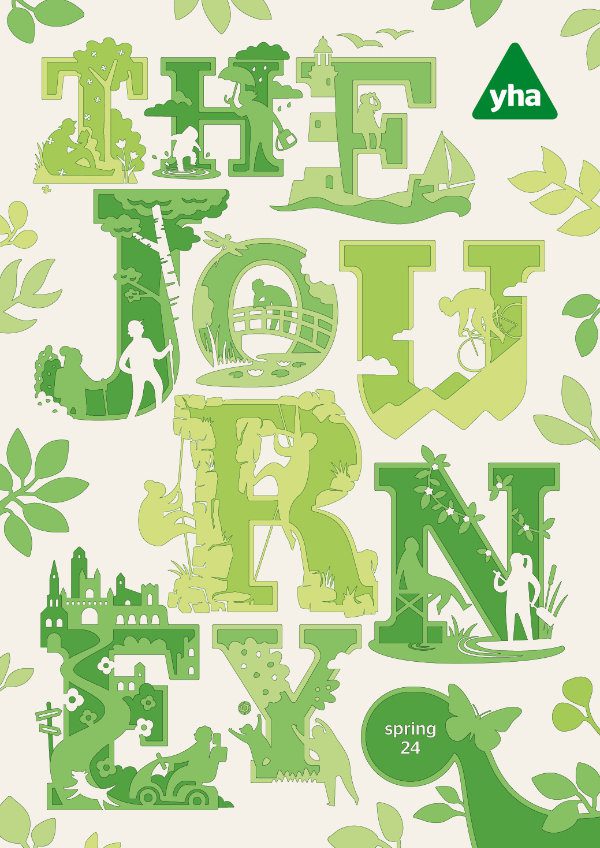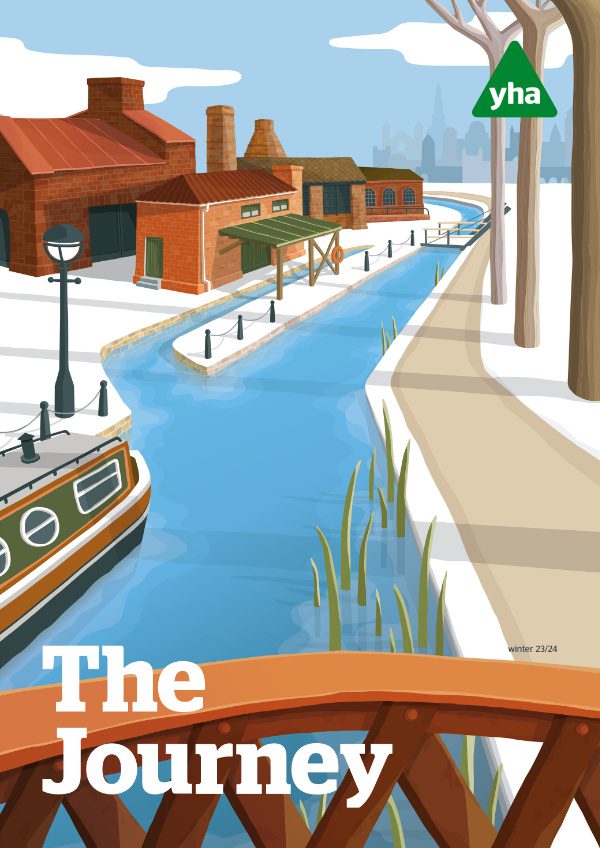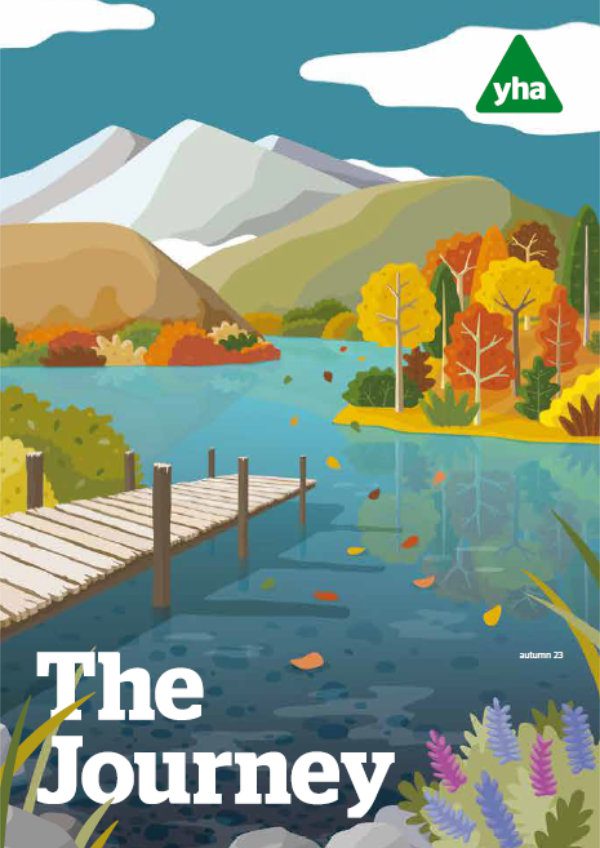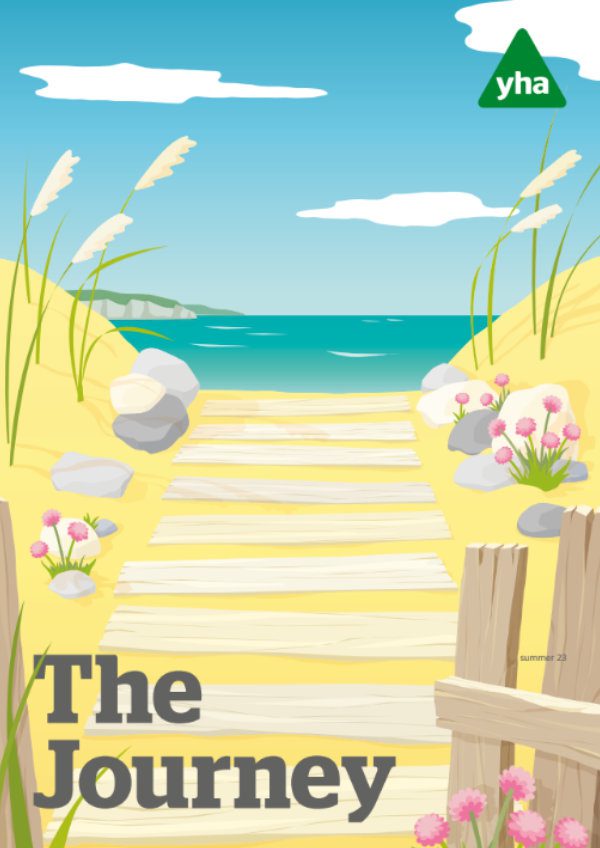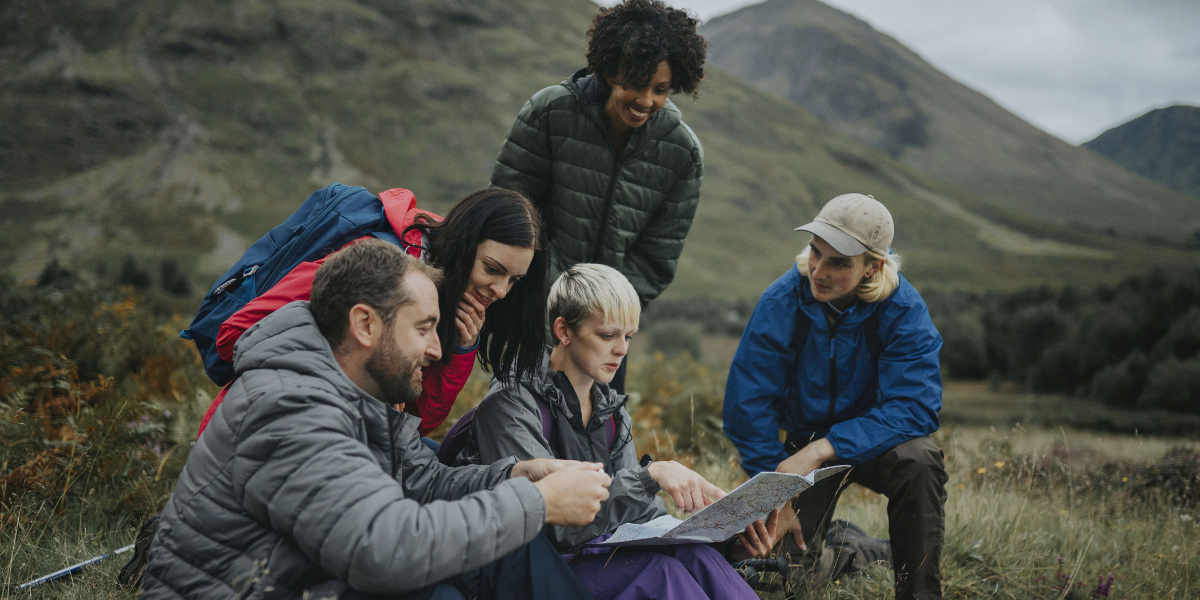Marian Spain knows a thing or two about the importance of the great outdoors. As chief executive of Natural England – the government’s adviser on the natural environment – she also has a CV that includes work with Plantlife International, the New Forest National Park Authority, the Campaign for National Parks and the Environment Agency.
In this exclusive interview, she shares her thoughts on the present and the future.
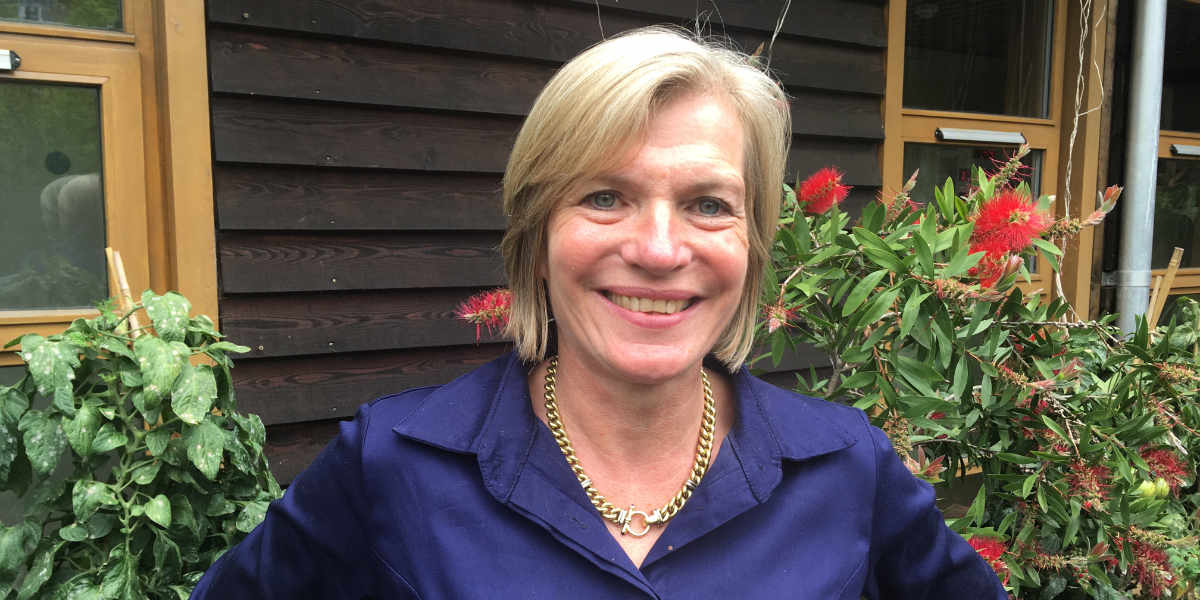
The past year has been unlike any other. What are Natural England’s priorities for 2021?
Our current strategy is focused around two big themes, which in summary are more nature, and more people in contact with nature. In the 30 years in which I’ve worked in this sector, we’ve spent most of our time trying to stop life getting worse, trying to hang on to the nature we’ve got, and the big thing that’s changed in the last few years is a recognition that it’s time to start putting nature back. This means a much bigger focus on recovering nature, as well as thinking about nature everywhere, in town and country.
Linking neatly to the second theme, of people, is a recognition that we need nature as much as nature needs us. What we’ve learned over the last 10 years of research, and which COVID-19 has demonstrated in stark reality, is how important contact with the outdoors is for our health and wellbeing. The evidence is pretty irrefutable that nature is good for our physical health, but we can now demonstrate how good it is for our mental health too.
In March 2020 we were about to launch our new strategy, and then of course COVID-19 hit. We had a month or so of thinking ‘is this still the right strategy?’, but it quickly became clear that it was. The pandemic has shown us, through research and lived experience, that we need nature on our doorsteps – it’s not good enough for it just to be in a National Park or a nature reserve. But it has also shown us just how unequal that access to nature is, that there are certain parts of society who don’t have that day-to-day access to green space of any sort.
How do we make access to nature more equal?
The obvious thing is to have more nature, and there are various things that will help. It will be mandatory, once the Environment Bill is enacted, for all new developments to have more green space and more nature. There are also standards for local authorities to think about, to make sure green space is of a good quality. But just as important is getting more people enthused and excited and wanting to get outside, whether that’s through school programmes, health programmes or local activities.
I think, and hope, that we’ll have learned from the pandemic. The big test will be how much the government really includes this approach in the Green Recovery plan. It’s about whether this sticks in government policy, and all the signs are that it will. The other question is how much the habits that many of us have reformed will stick, and how much people will realise that spending time outdoors is something they want to keep doing. We can’t prescribe for that, but what we can do is make it as easy as possible. The old adage is that something only becomes habit-forming if it’s easy.
An updated Countryside Code is being unveiled at Easter. What should we expect?
We had a six-month consultation, speaking to charities like YHA as well as farming organisations and local governments, but we also had 4,000 responses from members of the public. It shows the Code still has a resonance. I think the two things you’ll see that are different are firstly that it isn’t just about the countryside – we’re trying to say this is not just about rural areas, this is about the benefits of green spaces everywhere – and secondly that we want it to be encouraging rather than a list of rules.
It’s about reminding people that these are shared spaces. As far as I’m concerned, the more people using the great outdoors the better, but at the same time the more important it is that we understand and think about other people. There were certainly times last year when the number of visitors did overwhelm some of our countryside sites, so the more of those sites we have, the better off we’ll all be.
Diversity is hugely important too – and by that I mean diversity of all sorts, including ages. This applies to YHA, of course. The more welcoming and inclusive the hostels are, the more they reach out to neighbouring towns and cities.
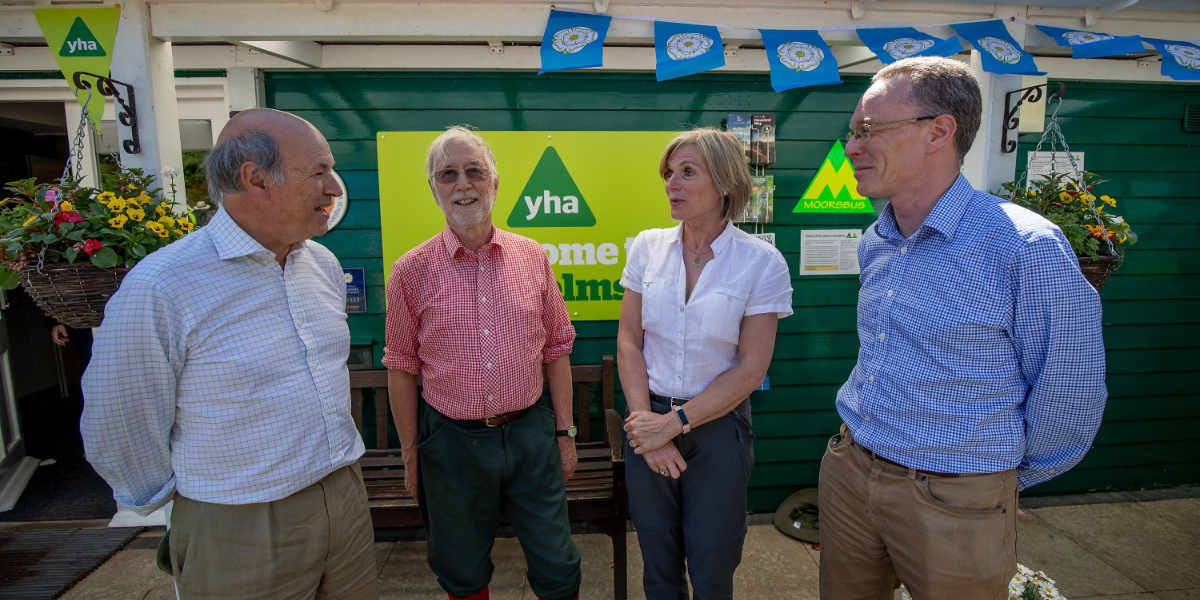
Have you stayed in many hostels yourself?
Yes! The main time in my life was as a teenager. I celebrated finishing my O-levels by going to the Peak District with five friends, for example, and we walked between three hostels. We also still use YHA hostels on some work trips, because of where they’re located. The thing I’ve noticed is that it used to be that the guests were either teenagers or very serious walkers. The difference I see now is how family-friendly they are.
They’re also great places to learn from other people, to have your enthusiasm sparked by a conversation you strike up. You might find yourself at dinner talking to someone who’s really keen on birdwatching, for example. It gives that chance to come together, not with people who are all alike, but people who have something in common. That’s how hobbies form isn’t it? At Natural England, when we say nature, people think we mean wildlife, but we mean the natural world – we mean landscapes, we mean stars, we mean heritage, we mean history, all those things.
So to go back to the Countryside Code, for me it needs to be welcoming, but it also needs to point out that it’s a privilege to access these wonderful places, and we need to respect and welcome each other.
About Natural England
Established by an Act of Parliament in 2006, its purpose is to help conserve, enhance and manage the natural environment for the benefit of present and future generations, thereby contributing to sustainable development.
It lists its priorities for 2020 to 2025 as follows:
- A well-managed Nature Recovery Network across land, water and sea, which creates and protects resilient ecosystems rich in wildlife and natural beauty, enjoyed by people and widely benefiting society
- People connected to the natural environment for their own and society’s wellbeing, enjoyment and prosperity
- Nature-based solutions contributing fully to tackling the climate change challenge and wider environmental hazards and threats
- Improvements in the natural capital that drives sustainable economic growth, healthy food systems and prospering communities
- Evidence and expertise being used by a broad range of partnerships, organisations and communities to achieve nature recovery and enable effective regulation and accreditation
- Being a values-led organisation that delivers excellent service standards to all partners, organisations and communities engaged in achieving nature’s recovery
Natural England are part of the government’s Green Recovery Challenge Fund. The fund is supporting Generation Green, a project to connect thousands of young people with nature.
Photo credit: Charlotte Graham
